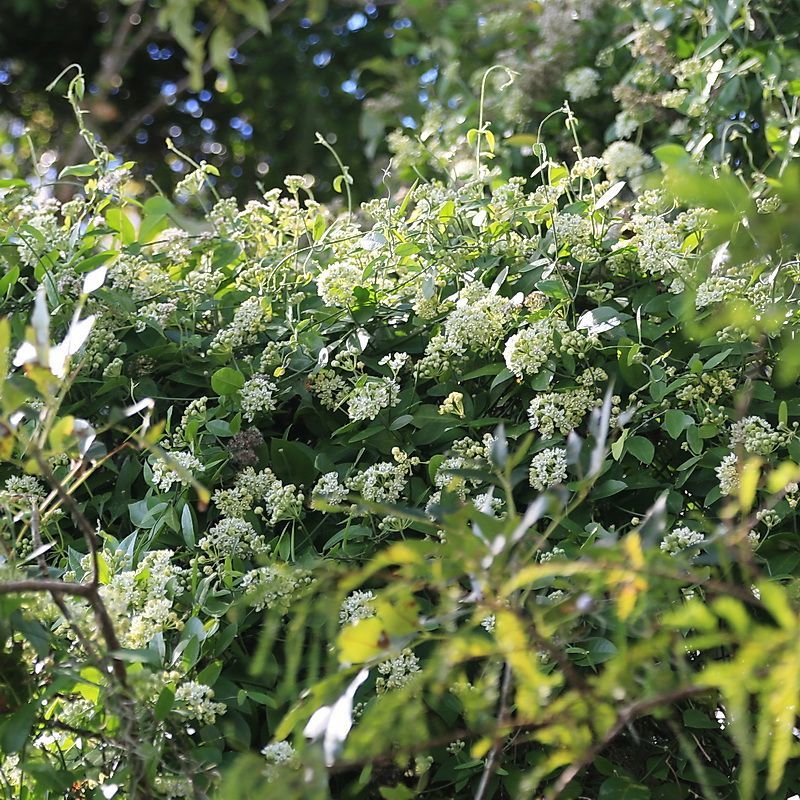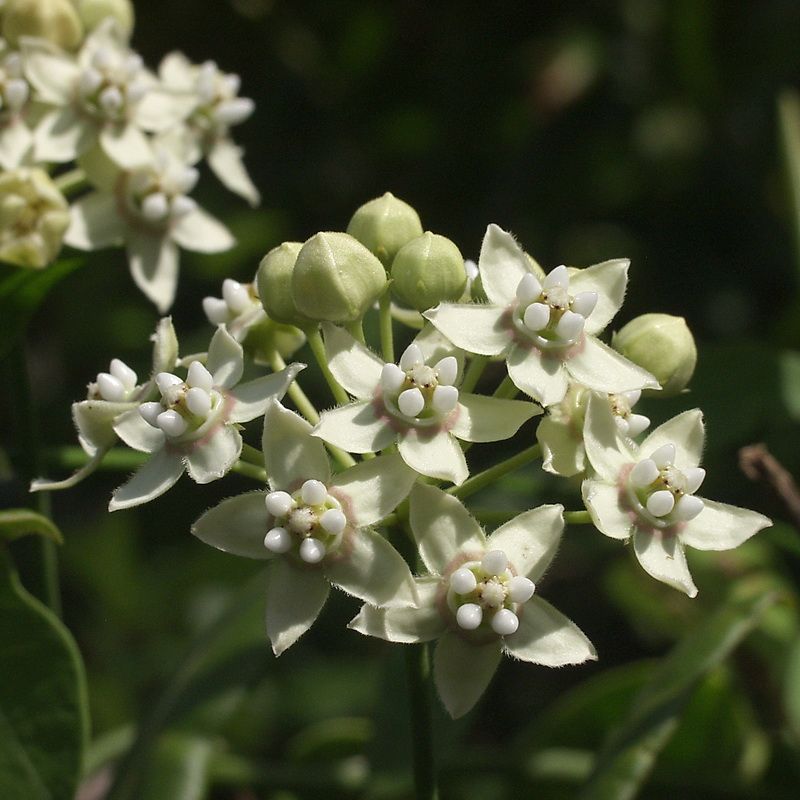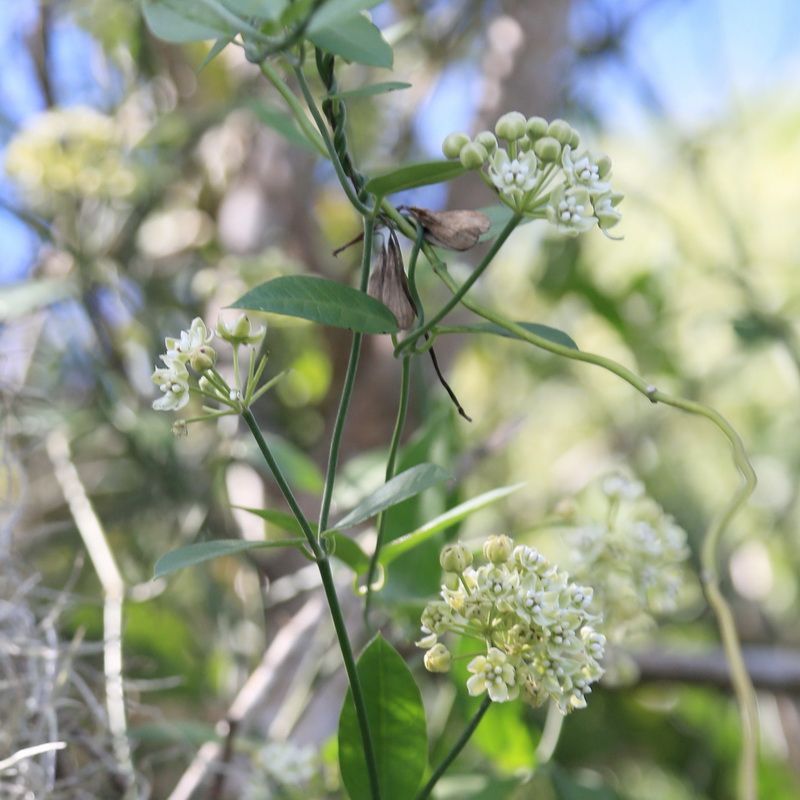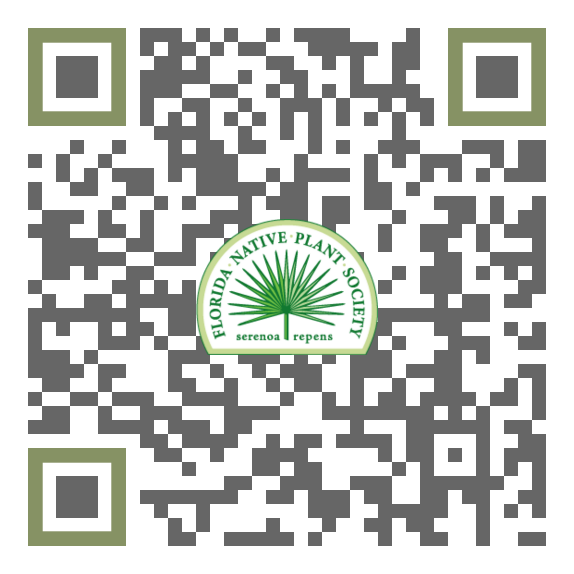FNPS Plant Database
Funastrum clausum
Nomenclature
Common Name:
Synonym(s):
Genus species:
Family:
Apocynaceae
Plant Specifics
Form:
Size:
Life Span:
Long-lived perennial
Flower Color:
Fruit Color:
Phenology:
Noted For:
Landscaping
Recommended Uses:
Considerations:
Availability:
Propagation:
Light:
Moisture Tolerance:
Always Flooded---------------------------------Extremely Dry
□□□□□□□□□□□□■■■■■■■■■■■■□□□□□□□□□□□□□□□□□□
Usually moist, occasional inundation -to- Somewhat moist, no flooding
Salt Water Flooding Tolerance:
Unknown
Salt Spray/Salty Soil Tolerance:
Low/no tolerance of salty wind or direct salt spray
Soil or Other Substrate:
Soil pH:
Suitable to Grow In:
9B,10A,10B,11

USDA zones are based on the average annual extreme minimum winter temperature.
Don't know your zone? Click here to search by zip code.
Vouchered In:
Ecology
Wildlife:
Larval host for monarch (Danaus plexippus), queen (Danaus gilippus), and soldier (Danaus eresimu) butterflies. Apparently not a monarch favorite. Nectar plant for these and other butterflies.
Native Habitats:
Comments:
Ethnobotany:
General Comments:
Citations:
Nature Collective. (2019). Plant Guide: Funastrum cynanchoides , Climbing Milkweed. ( https://thenaturecollective.org/plant-guide/details/climbing-milkweed/ ). Accessed 2026. Nature Collective, Encinitas, CA.
Wunderlin, R. P, B. F. Hansen, A. R. Franck, and F. B. Essig. (1999+). Atlas of Florida Plants. ( https://florida.plantatlas.usf.edu/ ). [S. M. Landry and K. N. Campbell (application development), USF Water Institute.] Institute for Systematic Botany, University of South Florida, Tampa.











